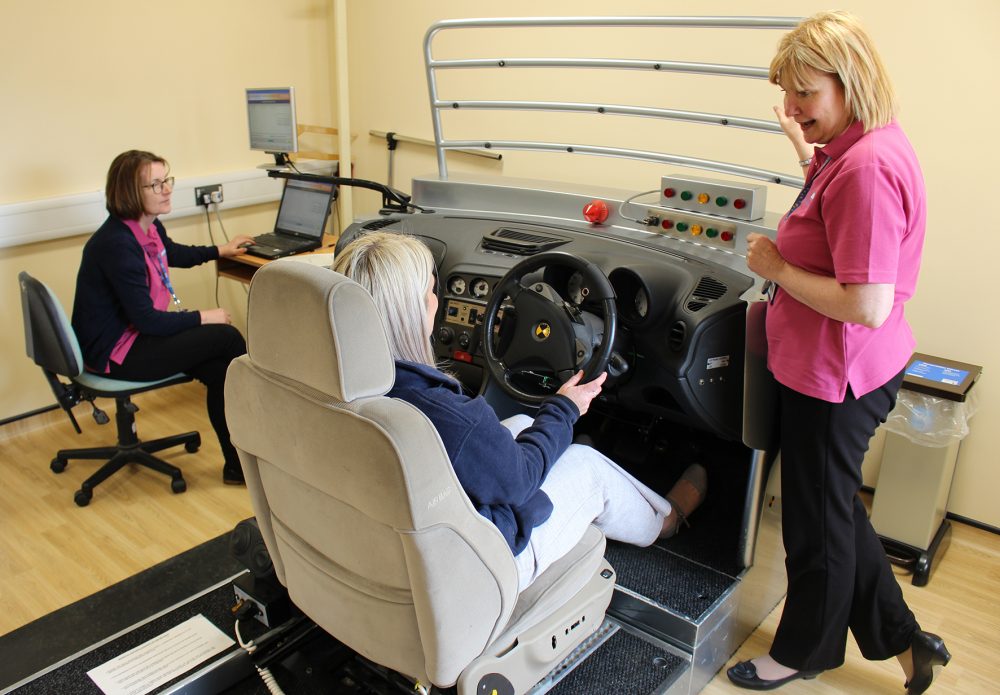
Introduction
A driving assessment is different from a driving test. It is designed to review your driving and you will be given an honest opinion of your skills and ability. People that choose to take a driving assessment do so for a variety of reasons:
- You may want to investigate vehicle modification options because of a physical disability such as a limb amputation or, for example, because you have become less able following a stroke
- You may be seeking confirmation that you are still able to drive safely following a recent diagnosis of a medical condition, or a condition such as dementia
- You may want reassurance as you get older and your reactions have slowed a little
Your assessor(s) understand that you may not have had anyone to check or observe your driving for a number of years and they are very skilled at putting you at ease to ensure you perform at your best.
What to expect
You should allow approximately three hours for the asessment, although actual driving time will more than likely last about 50 minutes. This is to allow you to move through each stage of the assessment at your own pace. A typical assessment will consist of the following:
- An introduction where the assessment team will ask you about your basic medical and driving history and will talk about your hopes and expectations. This will take place at the Mobility Centre
- A basic physical assessment to understand what limbs and joints work well, or less well. Some Centres may use a mock-up of a car that is designed to measure physical ability and strength, along with reaction speeds
- Some paper-based tasks that measure cognitive ability, such as memory or attention
- Visual test(s) specific to driving.
- A drive lasting approximately 50 minutes
- Return to the Centre for a summary de-brief and the opportunity to ask questions
After your visit, the assessors will write a comprehensive report which will be sent to your home address.
Please contact your nearest Mobility Centre for information on how to arrange an assessment and assessment costs.
